Portugal's emergency medical services are set to receive a significant boost as the transitional model for medical emergency transport comes into effect this Tuesday. This model includes the support of the Portuguese Air Force, which will provide four helicopters available 24/7, alongside two helicopters from the Malta-based company Gulf Med operating during daylight hours.
The government announced last week that the Air Force would ensure emergency medical transport until the impasse in the contract between the National Institute of Medical Emergency (INEM) and Gulf Med was resolved. The Court of Auditors gave the green light to the contract on Monday afternoon. However, INEM clarified that the approval "still presupposes some procedures" preventing the execution from starting this Tuesday.
Sérgio Janeiro, INEM's president, explained how patient assistance will be provided with the Air Force's support, ensuring that the aerial rescue operation during the summer, until September, is safeguarded. The two Gulf Med helicopters will be stationed in Macedo de Cavaleiros and Loulé, operating 12 hours a day.
The four Air Force helicopters and medical teams will be activated through INEM's Urgent Patient Orientation Center (CODU). The international public tender was opened in November last year, with the award to Gulf Med announced in March. The contract includes the operation of four helicopters at INEM's bases in Macedo de Cavaleiros, Viseu, Évora, and Loulé from July 2025 until the end of 2030.
Gulf Med's investment in the four Airbus H145 helicopters amounted to 40 million euros, with plans to promote the training of Portuguese pilots and establish a certified training structure in Portugal. INEM indicated that Gulf Med's service would start "gradually" to comply with "all requirements of European aeronautical legislation, mainly related to ensuring operational safety."
Concerns have been raised by the Association of Armed Forces Officers (AOFA) and the Union of Pre-Hospital Emergency Technicians (STEPH) regarding the "location of resources" and the potential overburden on Air Force personnel and equipment. João Marquito of AOFA expressed "some apprehension" about the sudden assignment of this mission to the Air Force, highlighting concerns about equipment, pilot workload, and human resources.
Rui Cruz, STEPH's vice-president, described the transitional system as "the possible resource solution," emphasizing its importance in maintaining a vital emergency medical helicopter service for the country, despite reservations about the Air Force's resource locations affecting response times in some areas.

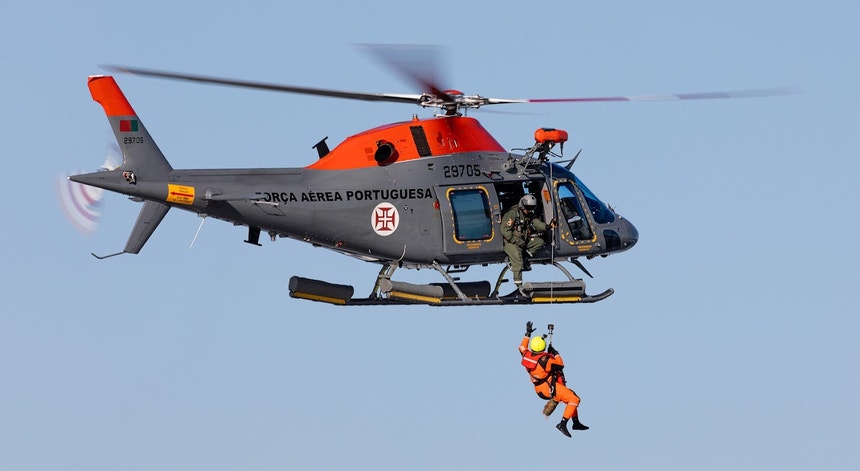

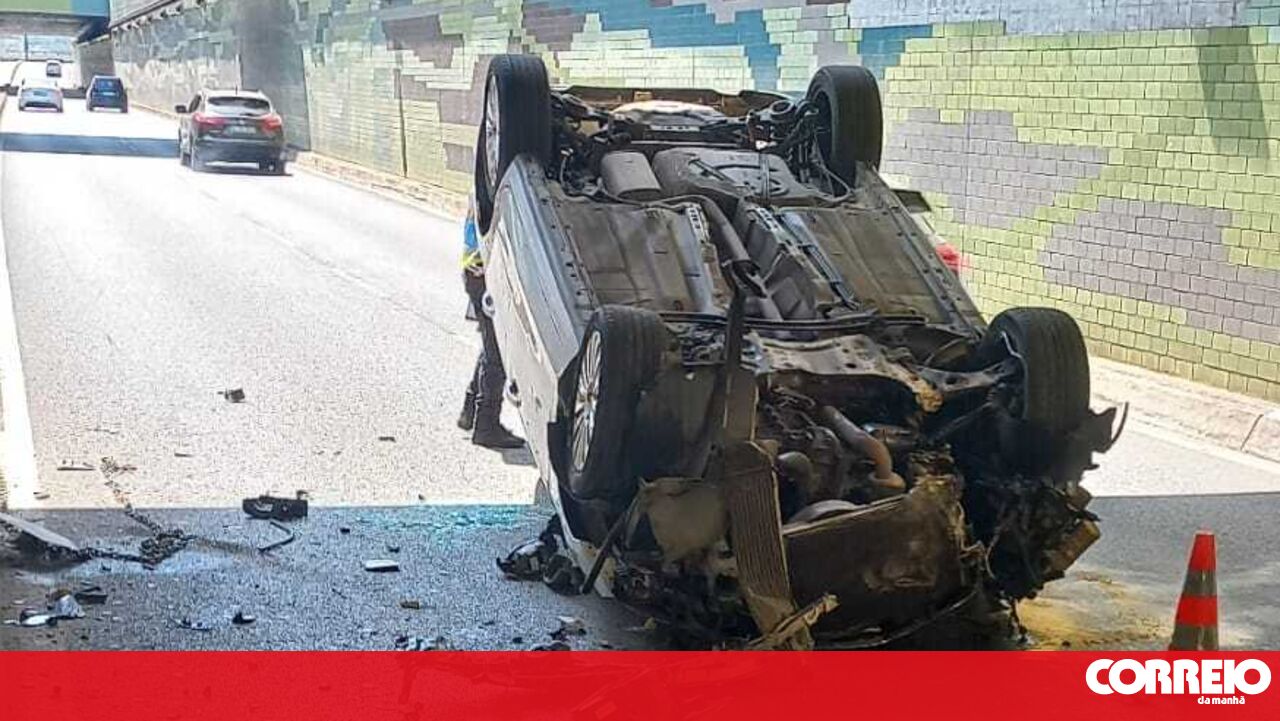

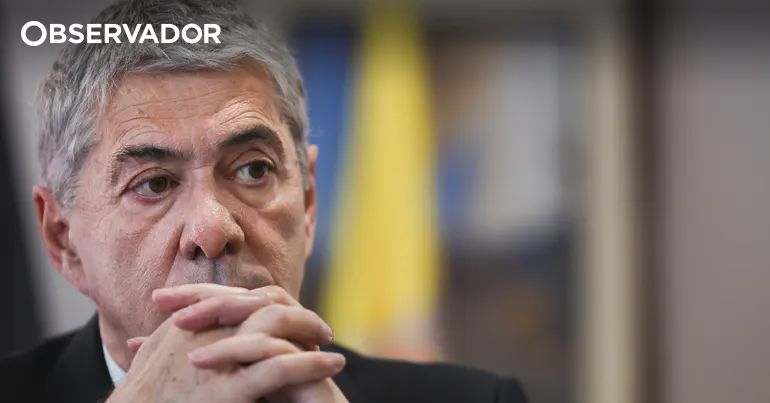
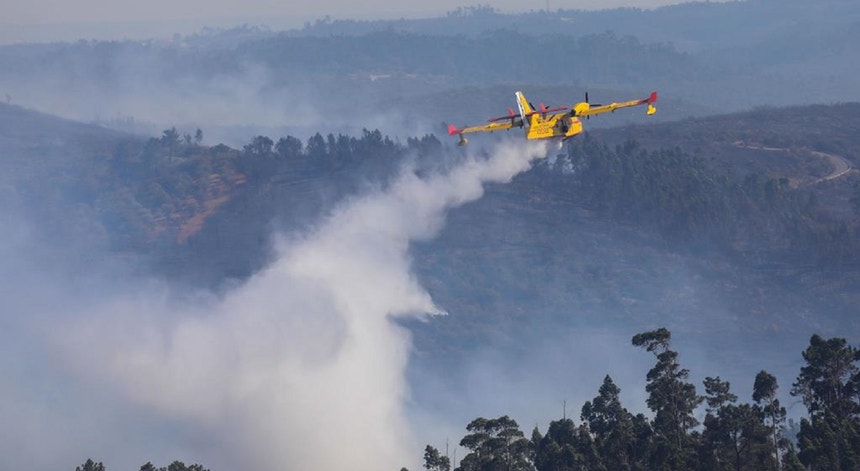




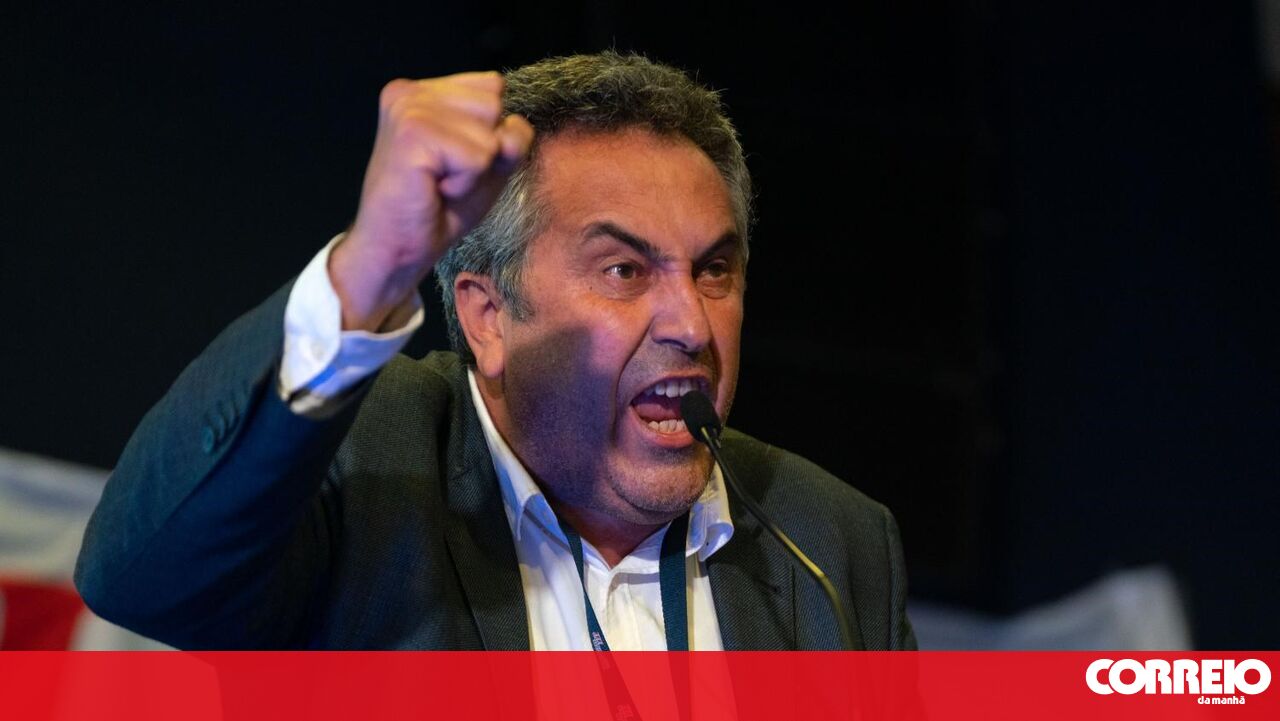
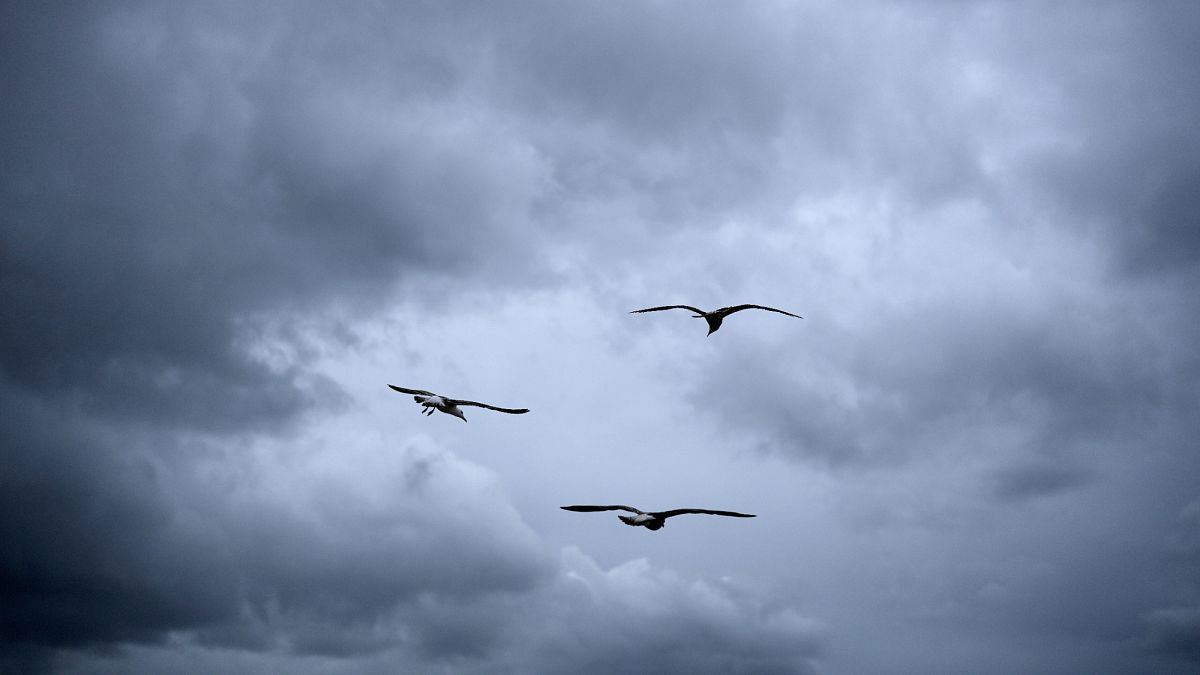








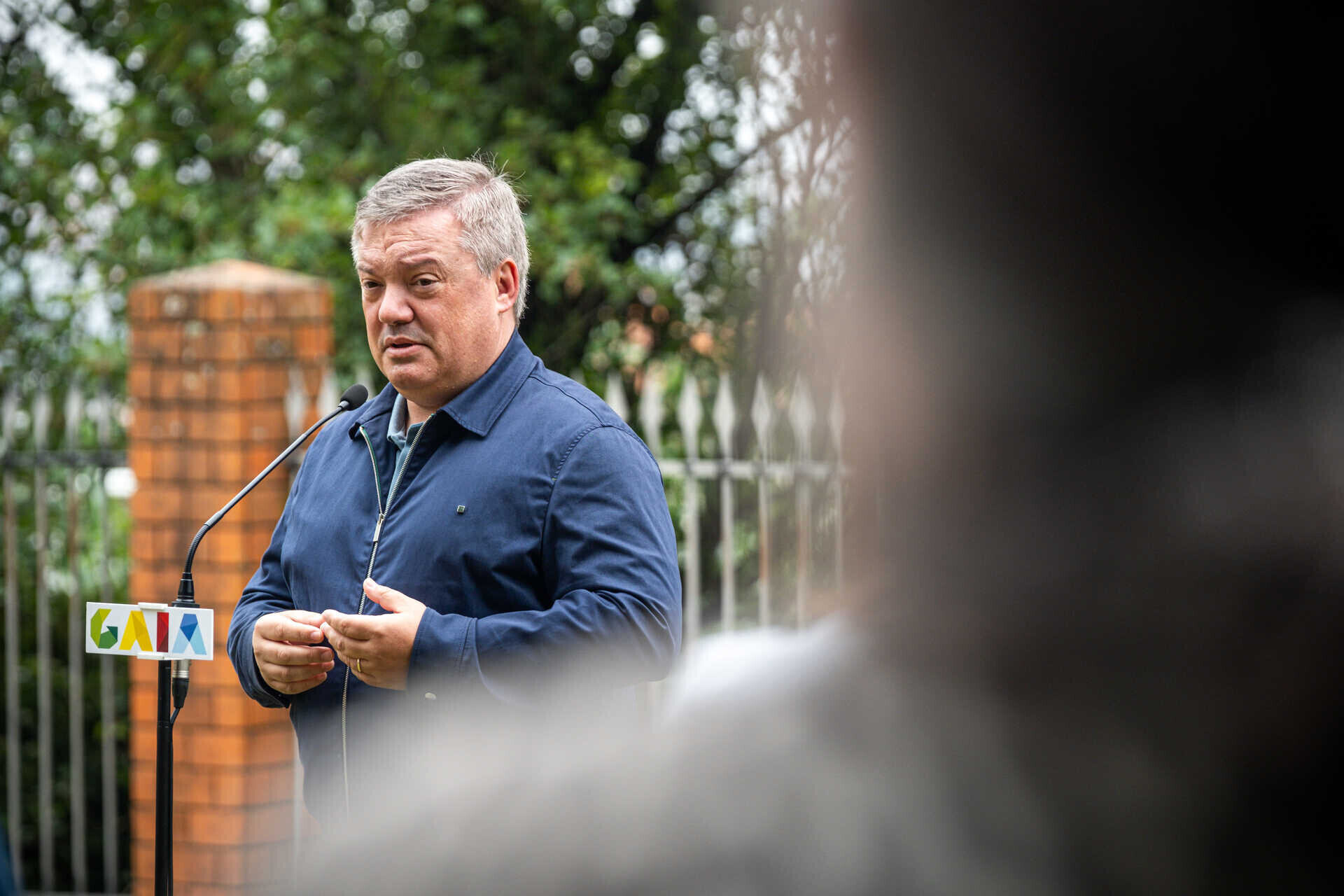


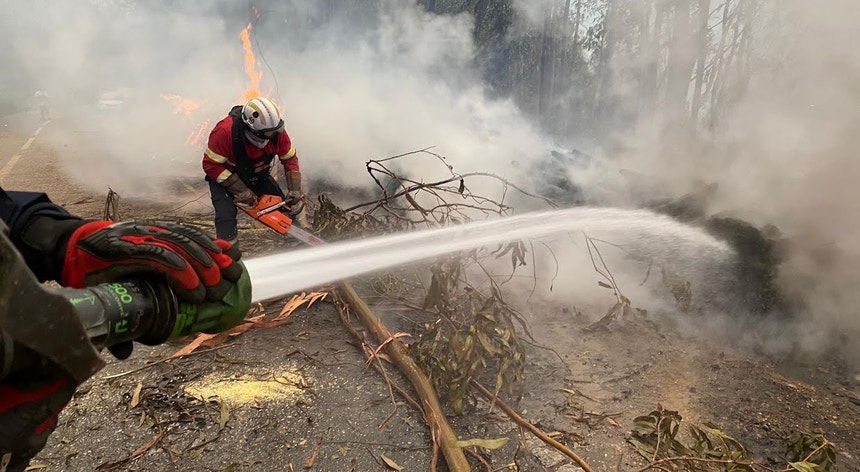







Comments
Join Our Community
Sign up to share your thoughts, engage with others, and become part of our growing community.
No comments yet
Be the first to share your thoughts and start the conversation!